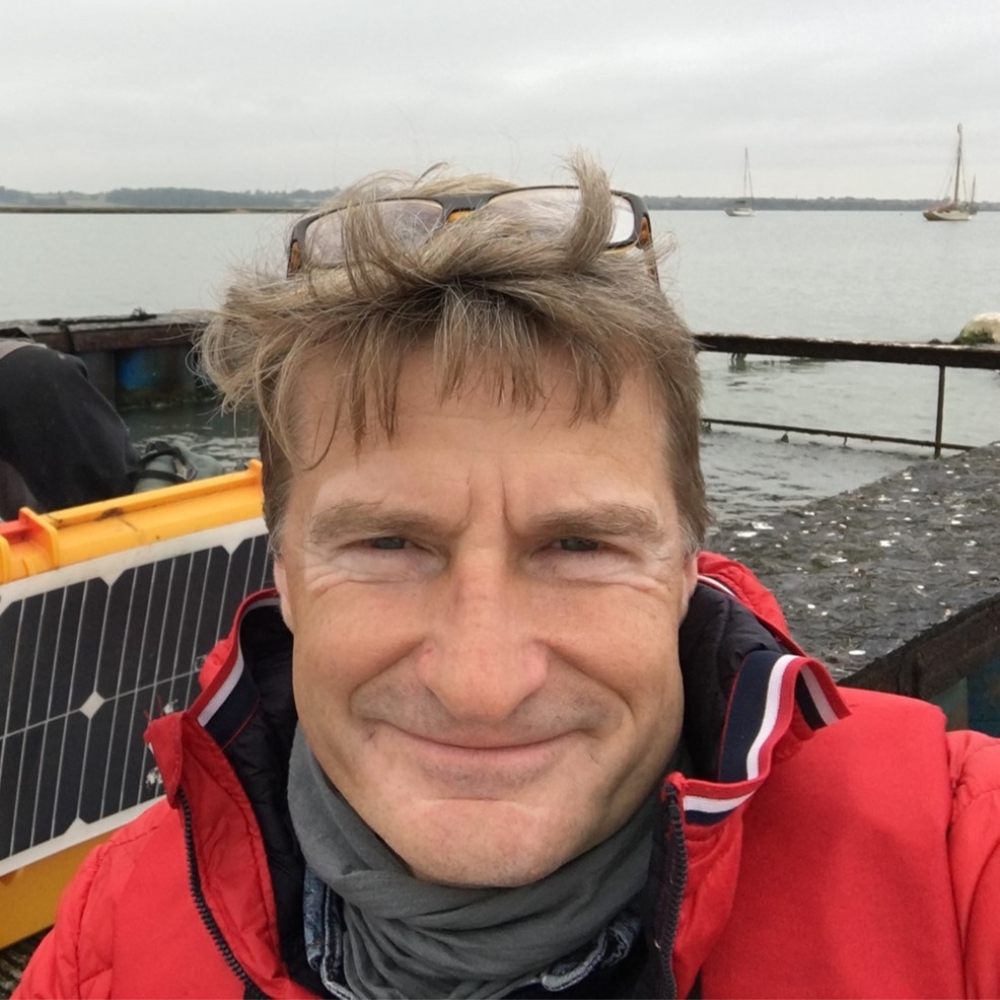Interdisciplinary focus
You will use an interdisciplinary approach that integrates the natural sciences with sociology to both explore the potential of NbS for coastal protection and the likely acceptance of these solutions amongst various stakeholders within coastal communities. You will be expected to map the current and potential habitats of reef-building organisms, and quantify reef development on various substrates at a pilot site (supervision: Dr Steinke), and engage in qualitative research with local communities to understand the perceived barriers and opportunities of NbS in coastal communities (supervision: Dr Wheeler).
Training and support
You will be supported through the Sustainable Transitions training programme which provides initial training in interdisciplinary research methods, training in the secondary discipline within the project area, and ongoing training throughout the duration of the programme. All doctoral scholars benefit from the support of Proficio, which entitles you to £2,500 that can be used to purchase training courses either within or external to the University.
Additionally, all scholars are entitled to an additional £10,000 that can be used to cover research costs and further training. Doctoral scholars are encouraged to audit/attend University masters and degree level courses where appropriate. You will also have the support of the Sustainable Transitions management team as well as your own supervisory team. All Sustainable Transitions scholars will become part of the University of Essex Centre for Environment and Society through which ongoing events and networking opportunities are available.
Person specification
This opportunity would suit a candidate with a degree in environmental/marine science but candidates with a social-science degree and environment-facing experiences will be considered. It is not necessary for the candidate to have prior training in spatial mapping of habitats or the approaches and methodologies in the Social Sciences as this can be provided on the programme.
Research proposal
The project area is broadly defined, leaving scope for the applicant to develop their own specific research proposal as part of the application. The successful candidate will further develop their proposal in close consultation with the supervisory team.
Supervision
The primary discipline supervisor takes the lead responsibility for supervising the project. For further detail relating to supervision see the Guidance for Applicants (.docx) document.
Additional background information
Climate change puts coastal communities at risk of flooding and coastal erosion due to more frequent and intense storms on top of sea level rise. While hard-engineered coastal defences are costly to build and maintain, living coastal defences such as biological reefs are self-sustaining and can grow with sea-level rise. Although well explored along tropical and subtropical shorelines where numerous national and international coral-reef and mangrove-forest projects aim to build coastal defence using NbS, this concept is poorly explored in temperate regions including the UK and much of coastal Europe.
Historically, oyster reefs of the native species, Ostrea edulis, protected the Essex shoreline until these were overharvested and decimated by disease from the early 20th century. To revive the flagging shellfish industry in the UK, an invasive and non-native species (the Pacific oyster Magallana gigas) was introduced for aquaculture from the 1960s which now supports a coastal industry worth £6 million per year but has produced wild populations and novel ecosystems that that encroach on habitats with protected characteristics. To address this controversy and consider the use of native and introduced species for coastal defence, we need collaboration between higher education, local government, fishing, leisure and tourism industries, conservation groups, and environment management agencies.
The aim of this project is to establish a framework for the sustainable transition of coastal defence strategies using bivalve reefs. The project will map the habitat of existing biological reefs along the Essex coast, assess areas suitable for reef expansion and relate this to the Environment Agency’s National Coastal Erosion Risk data. With support by a local oyster fishery, the student will trial the effectiveness of artificial structures to enhance oyster-reef formation. Exploring how different stakeholders engage with this intervention within a distinct national case study will reveal some of the socio-cultural and political barriers and opportunities for a more widespread adoption of this approach. Comparative insights from different national contexts can also help us to understand how political, socio-cultural and economic systems shape the acceptability of this NbS for coastal defence. This approach has the potential to build a new planning framework that could support a sustainable transition for coastal defence using biological reefs.
During a previous project funded via an Impact Acceleration Account in 2022, we successfully collaborated with Colchester City Council on ‘Building with Nature for ecosystem-based coastal defence and economic resilience in Colchester’. We anticipate that the proposed PhD project will substantially engage local government and result in tangible outputs that have long-lasting impact.
How to Apply
Full details available at Sustainable Transitions Leverhulme Doctoral Training Programme.
Supervisory team references
- Shakspeare, A., T.C. Cameron, M. Steinke (2024). Restrictions on UK aquaculture of Pacific oyster (Magallana gigas) will not prevent naturalised spread but suppress ecological and economic benefits to coastal communities. EcoEvoRxiv; https://ecoevorxiv.org/repository/view/6882/
- Shakspeare, A., H. Moore, M. Service, C. Wilson, H. Ahmed, T.C. Cameron, M. Steinke (2023) Gaping behaviour of Blue mussels (Mytilus edulis) in relation to freshwater runoff risks. Aquaculture Reports 33: 101719; doi:10.1016/j.aqrep.2023.101719
- Funesto, E.G.M., A.M. Lewis, A.D. Turner, T.C. Cameron, M. Steinke (2023) Immediate and delayed effects of a heatwave and Prorocentrum lima ((Ehrenberg) Stein 1878) bloom on the toxin accumulation, physiology, and survival of the oyster Magallana gigas (Thunberg, 1793). Science of the Total Environment 892: 164485 doi:10.1016/j.scitotenv.2023.164485
- Wheeler, K. (2019) The Moral Economies of Consumption. Journal of Consumer Culture,19(2): 271-288
- Wheeler, K., M. Glucksmann (2015) Household Recycling and consumption work: social and moral economies, Hampshire: Palgrave Macmillan







